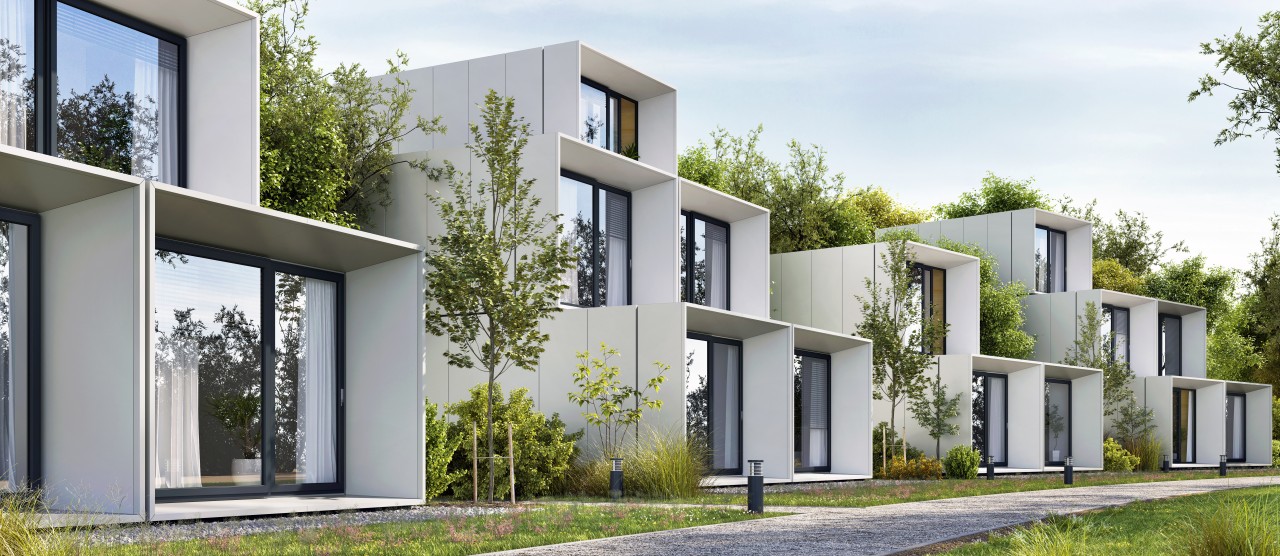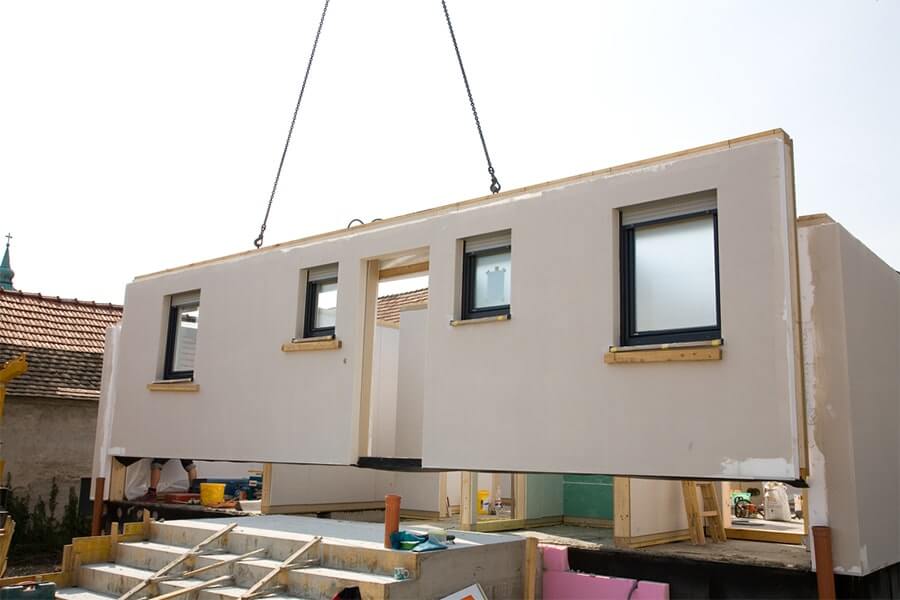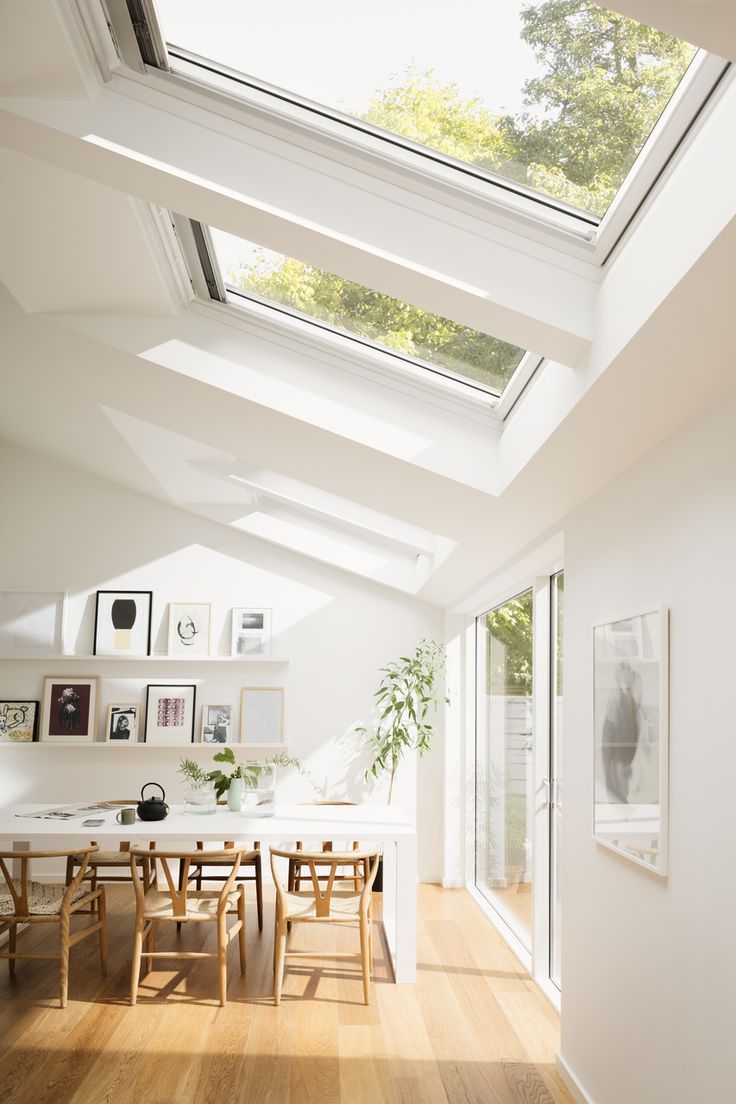
As concerns about climate change and environmental degradation continue to rise, the construction industry is increasingly turning to sustainable building practices. These practices not only help protect our planet but also offer numerous benefits to builders, homeowners, and communities. In this blog post, we’ll explore the various advantages of sustainable building practices and why they are essential for the future of construction.
What Are Sustainable Building Practices?
Sustainable building practices involve designing, constructing, and operating buildings in an environmentally responsible and resource-efficient manner. This includes the use of renewable materials, energy-efficient technologies, water conservation measures, and strategies to reduce waste and minimize the environmental footprint of a building throughout its lifecycle.

Environmental Benefits
1. Conservation of Resources: Sustainable building practices prioritize the use of renewable and recyclable materials, which helps conserve natural resources. Techniques like rainwater harvesting and greywater recycling reduce the demand for freshwater, while energy-efficient designs minimize the consumption of non-renewable energy sources.
2. Waste Reduction: Sustainable construction reduces waste through careful planning and material selection. By reusing and recycling materials, builders can significantly cut down on the amount of waste sent to landfills.
Economic Benefits
1. Lower Operating Costs: Energy-efficient buildings typically have lower utility bills due to reduced energy and water consumption. Over time, these savings can offset the initial investment in sustainable technologies and materials, making sustainable buildings more cost-effective in the long run.
2. Increased Property Value: Sustainable buildings often have higher property values due to their energy efficiency, lower operating costs, and growing consumer demand for eco-friendly homes. This can make them a more attractive investment for property owners and developers.
Health and Well-Being Benefits
1. Improved Indoor Air Quality: Sustainable buildings use non-toxic, low-emission materials and incorporate ventilation systems that enhance indoor air quality. This can lead to better respiratory health and overall well-being for occupants.

2. Natural Lighting: Sustainable designs often maximize the use of natural light, reducing the need for artificial lighting and creating a more pleasant and productive indoor environment. Exposure to natural light has been linked to improved mood, better sleep, and increased productivity.
3. Thermal Comfort: Energy-efficient designs and materials help maintain consistent indoor temperatures, enhancing comfort for occupants. Proper insulation, energy-efficient windows, and advanced HVAC systems contribute to a more comfortable living or working space.
Community and Social Benefits
1. Enhanced Community Resilience: Sustainable buildings are often more resilient to natural disasters and extreme weather events due to their durable construction and energy independence. This can help communities recover more quickly from such events and reduce the overall impact on infrastructure.
2. Job Creation: The adoption of sustainable building practices creates demand for green technologies and materials, leading to job creation in fields such as renewable energy, energy-efficient construction, and sustainable design.
3. Social Responsibility: Sustainable building practices reflect a commitment to social and environmental responsibility. By choosing sustainable construction, developers and property owners can demonstrate their dedication to making a positive impact on the world.
Building a Sustainable Future
Sustainable building practices offer a multitude of benefits that extend beyond environmental conservation. They provide economic advantages, improve health and well-being, and contribute to stronger, more resilient communities. As we look to the future, adopting these practices will be crucial for creating a built environment that is not only sustainable but also beneficial for all.
At Complete Housing, we are committed to incorporating sustainable building practices in all our projects. By prioritizing eco-friendly materials, energy-efficient designs, and innovative construction methods, we aim to lead the way in creating a more sustainable and prosperous future for everyone.

